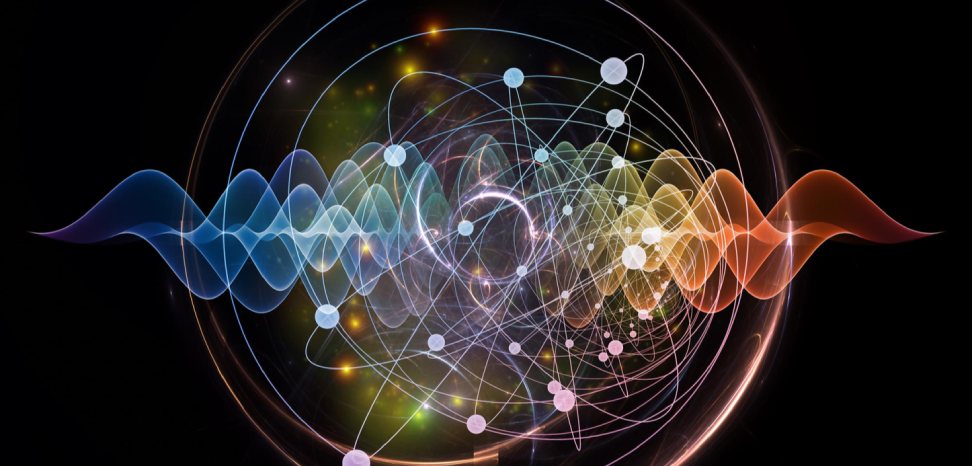Lotus365 Book, Lotus365, Lotus365: Our knowledge of the cosmos has been completely transformed by quantum physics, a subfield of physics that studies the behavior of matter and energy on the tiniest scales. The idea of quantization, which limits some attributes, like energy, to discrete values known as quantum states, is fundamental to quantum physics. Quantum physics contradicts traditional physics by demonstrating that particles can exist in several states concurrently, a concept known as superposition.
A fundamental principle in quantum physics is the uncertainty principle, famously formulated by physicist Werner Heisenberg. This principle states that the more precisely we know a particle’s position, the less we can know about its momentum, and vice versa. This inherent uncertainty at the quantum level underscores the probabilistic nature of quantum mechanics, where predictions are made based on probabilities rather than certainties. Despite its complex and sometimes counterintuitive nature, quantum physics plays a crucial role in various technological advancements, from quantum computing to quantum cryptography.
- � The study of quantum physics investigates how matter and energy behave on tiny sizes.
- � Quantization restricts certain properties to discrete values called quantum states
- � Particles can exist in multiple states simultaneously, known as superposition
- � The uncertainty principle states the trade-off between knowing a particle’s position and momentum
- � Quantum mechanics is probabilistic in nature, based on probabilities rather than certainties
- � Quantum physics is crucial for technological advancements like quantum computing and cryptography
History of Quantum Mechanics
Quantum mechanics originated in the early 20th century as a result of scientists grappling with the limitations of classical physics in explaining the behavior of particles at the atomic and subatomic levels. The foundations of this revolutionary theory were laid by luminaries such as Max Planck, Albert Einstein, Niels Bohr, and Erwin Schr�dinger, who each made significant contributions that paved the way for the development of quantum mechanics.
One of the key milestones in the history of quantum mechanics was the formulation of the Copenhagen interpretation by Niels Bohr and Werner Heisenberg in the 1920s. This interpretation introduced the concept of complementarity, which suggests that particles can exhibit both wave-like and particle-like properties depending on the experimental setup. The Copenhagen interpretation has remained a fundamental aspect of quantum theory and continues to shape our understanding of the behavior of particles at the quantum level.
What is quantum physics?
The study of quantum physics focuses on the behavior of subatomic and atomic particles, which are the smallest sizes of particles in the universe. It clarifies quantum physics’ probabilistic character and the duality between waves and particles.
When did the history of quantum mechanics begin?
Lotus365 Id, 99exch, 99exch.com Login: The history of quantum mechanics can be traced back to the early 20th century, with the works of scientists like Max Planck, Albert Einstein, Niels Bohr, and others.
What are some key milestones in the history of quantum mechanics?
Some key milestones in the history of quantum mechanics include Max Planck’s discovery of quantized energy in 1900, Albert Einstein’s explanation of the photoelectric effect in 1905, Niels Bohr’s model of the atom in 1913, and the development of quantum mechanics by Werner Heisenberg and Erwin Schr�dinger in the 1920s.
How has quantum mechanics revolutionized the field of physics?
Quantum mechanics has revolutionized the field of physics by providing a deeper understanding of the behavior of particles on the smallest scales, leading to the development of technologies like semiconductors, lasers, and quantum computing.
What are some current research areas in quantum mechanics?
Some current research areas in quantum mechanics include quantum entanglement, quantum teleportation, quantum cryptography, and the development of quantum algorithms for solving complex problems.

